China’s announcement last week on a crackdown on Bitcoin mining and trading activities isn’t exactly new as the country has been doing so since 2017. Despite the strict regulations on crypto, experts reveal that Chinese traders’ influence in the Bitcoin space remains undiminished.
The Financial Stability and Development Committee of China’s State Council released a statement on Friday, May 21, that it intends to “resolutely prevent and control financial risks.” The Committee mentioned some of the measure it plans to do, which includes the “crackdown on Bitcoin mining and trading behavior, and resolutely prevent the transmission of individual risks to the social field.”
However, such a move is not new for China as it has also banned initial coin offerings (ICO) and shuttered crypto exchanges in 2017, according to CNBC. This caused a sharp decline of Chinese renminbi usage, which was previously the currency of choice among Chinese traders in their BTC trades, to fall from 92 percent in November 2015 to just 0.07 percent of the total Bitcoin trading by November 2017.
However, the fall of the renminbi's presence in the digital assets market does not mean that traders in the country have totally stopped their crypto trading activities due to increased pressure by the government. On the contrary, experts revealed that Chinese traders remain a significant force in Bitcoin trading.
“The waning influence of Chinese bitcoin traders is an exaggerated story,” said Matthew Graham, the CEO of Beijing-based venture capital firm Sino Global. “The fact is that Chinese traders still wield enormous influence.”
In fact, Chinese investors were among those who unloaded their BTC holdings during last week’s massive self-off. However, their trading actions were not primarily motivated by the government’s recent announcement.
“For clarity, anecdotally skittish Chinese retail investors were heavily involved in yesterday’s sell-off,” Graham explained. “But this was more a function of price action than anything to do with local regulations.”
Chinese investors were able to go around local regulations because some sort of a grey area was created with the increased scrutiny from the government. For instance, Chinese crypto exchanges OKEx and Huobi moved overseas when they can’t get licenses to operate on the mainland.
“Once someone has purchased Bitcoin, they can then deposit it on overseas exchanges that allow crypto to crypto trading,” CryptoCompare head of research Constantine Tsavliris explained.
Data on renminbi usage on crypto platforms is no longer a reliable indicator of the involvement of Chinese traders. More traders are now using stablecoins for their transactions.
“These days, more and more people are using stable currencies like USDT,” said Bobby Lee, the founder of the crypto wallet Ballet. “What that means is they no longer have to deal with RMB transfers, it is moving to a USDT payments society and moving into and out of bitcoin. It’s becoming an underground currency.”






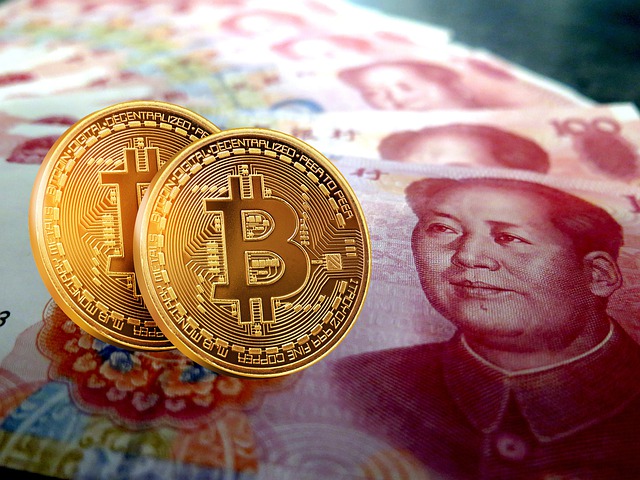

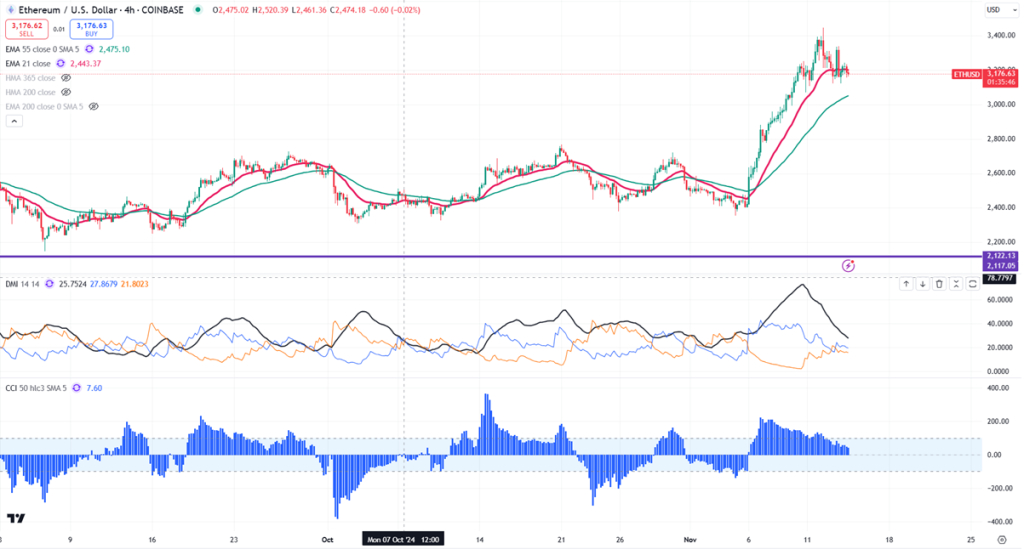
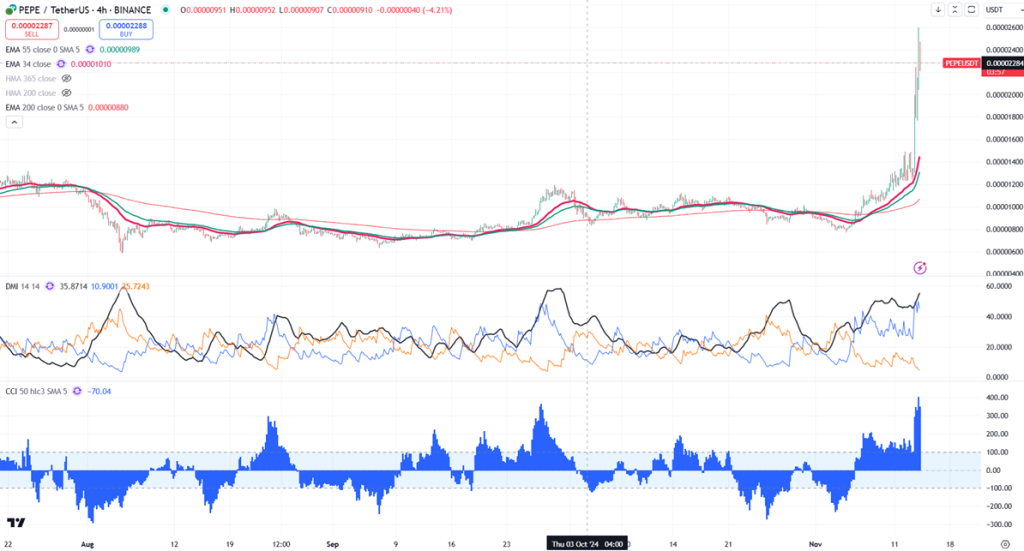
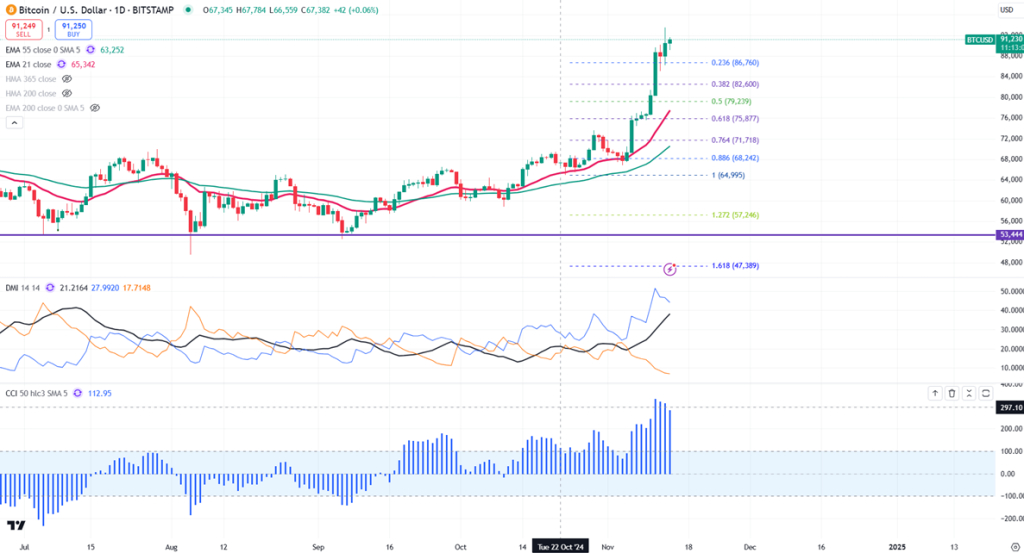
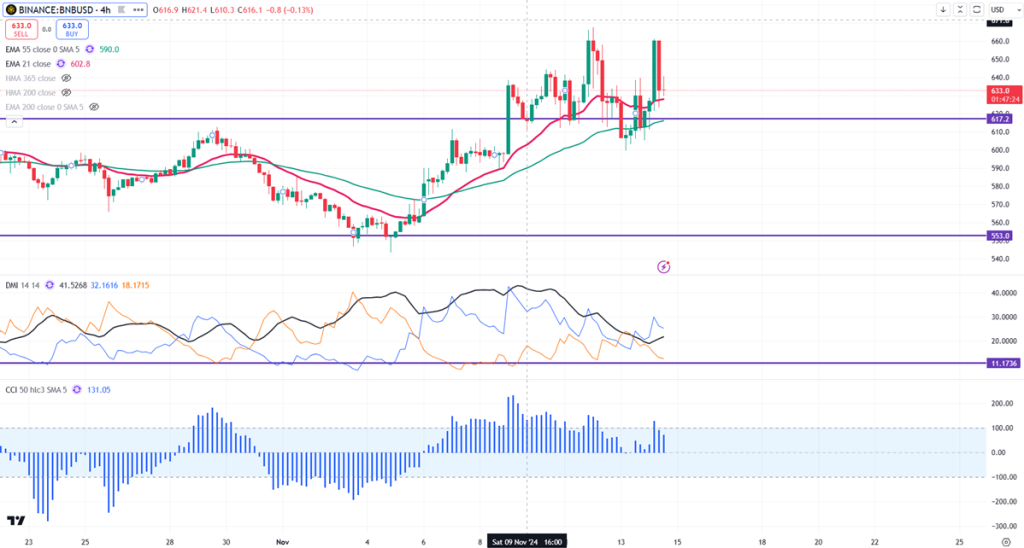
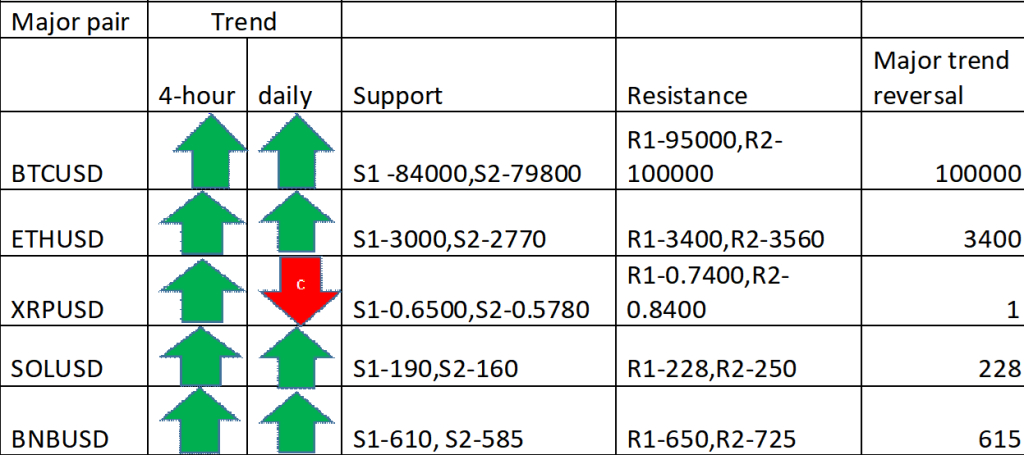












Comment 2